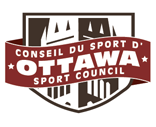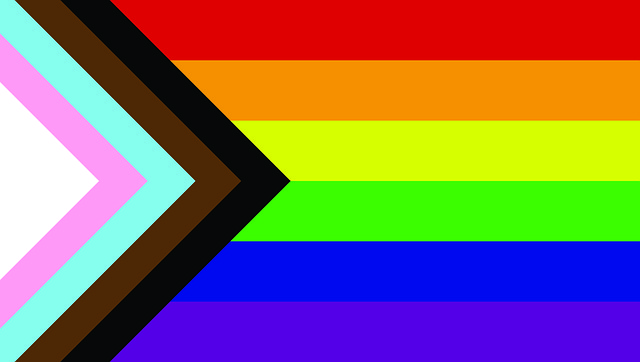COVID-19 had many impacts on community sport including a lack of access for many participants, especially those from marginalized communities. Sport is crucial for youth development, both physical and mental. With more than a year of restricted access, getting kids back to the field, pool or court is critically important. As we return to sport, it’s important for community sport organizations to embody equity, diversity, and inclusion (EDI) to ensure all participants feel welcome, included and have equal access to sport.
The Canadian Paralympic Committee defines a safe, welcoming and inclusive sport system as one “where those in every role in sport feel they belong and are valued, their voices are heard, they have a right to choice and consent, they face no inequitable barriers to leadership roles, and they are encouraged and supported to take these on if they so choose, and there are people like them among every role in the sporting system.”
To create a safe and welcoming environment and make EDI a priority in community sport, it’s essential first to understand what the terms equity, diversity and inclusion mean.
For sport organizations, equity can mean creating spaces and removing barriers, so all people are treated fairly and have the same access to sport.
Diversity can entail developing a team of people from differing perspectives and backgrounds to promote innovation and increase cultural awareness within the organization.
Inclusion takes diversity a step further by ensuring there is a welcoming and respectful environment that fosters belonging for all involved.
Combining all three elements can help create a safer environment for all members of the sport community and foster growth within the sport community.
EDI initiatives in community sport can sometimes be haphazard and one-off events, limiting their effectiveness. It’s important to make a strategic response or an adaptation to policy that directly promotes inclusiveness to ensure there are long-lasting benefits.
There are plenty of resources available to better understand how community sport can be proactive rather than reactive in the implementation of such initiatives. Two examples from the Coaching Association of Canada include Indigenous Coaching and Coaching Athletes with a Disability.
The LGBTQI2S+ Sport Inclusion Task Force also has an extensive list of resources for sport organizations at all levels which have been designed to make sport safer and more welcoming to those who are part of the LGBTQI2S+ community.
As part of the Rebound program, the Ottawa Sport Council has produced the Equity, Diversity, and Inclusion Panel Discussion Video. The objective of this panel discussion is to start a conversation regarding actions that Ottawa community sport organizations can undertake to be more inclusive and to create safe, fun and welcoming experiences for all members of our community. The video is complemented by three EDI Huddles hosted by the discussion video panelists. The three conversations will have unique themes, and subject matter experts, to guide the discussion:
October 27: Why does EDI matter in community sport? Why community sport organizations need to become more inclusive and welcoming.
November 9: Casting a wider net: How to find and welcome new participants, coaches, administrators, and Board Members to your community sport organization.
November 25: What’s the first step? How to get started in creating a more equitable, diverse, and inclusive community sport organization.
The Covid-19 pandemic has disproportionately affected the sporting experiences and opportunities for marginalized communities. The EDI Huddles will look at how to address these pandemic realities and discuss both the areas of opportunity and challenges in creating an inclusive and accessible community sport environment.
Click here to learn more about the Equity, Diversity, and Inclusion Huddles.

